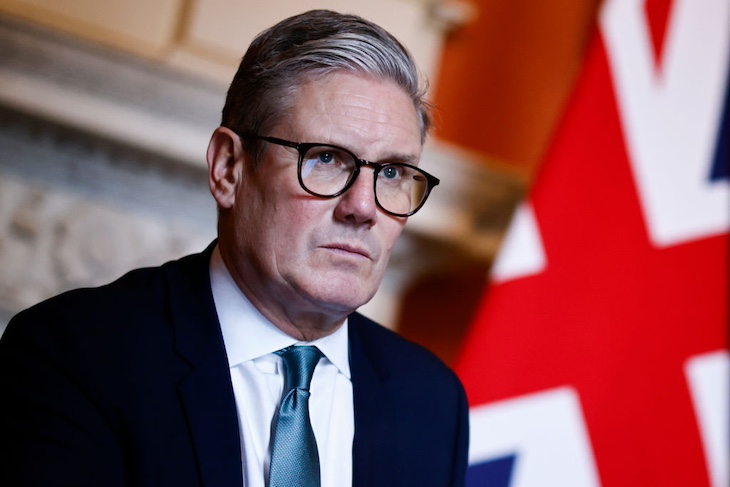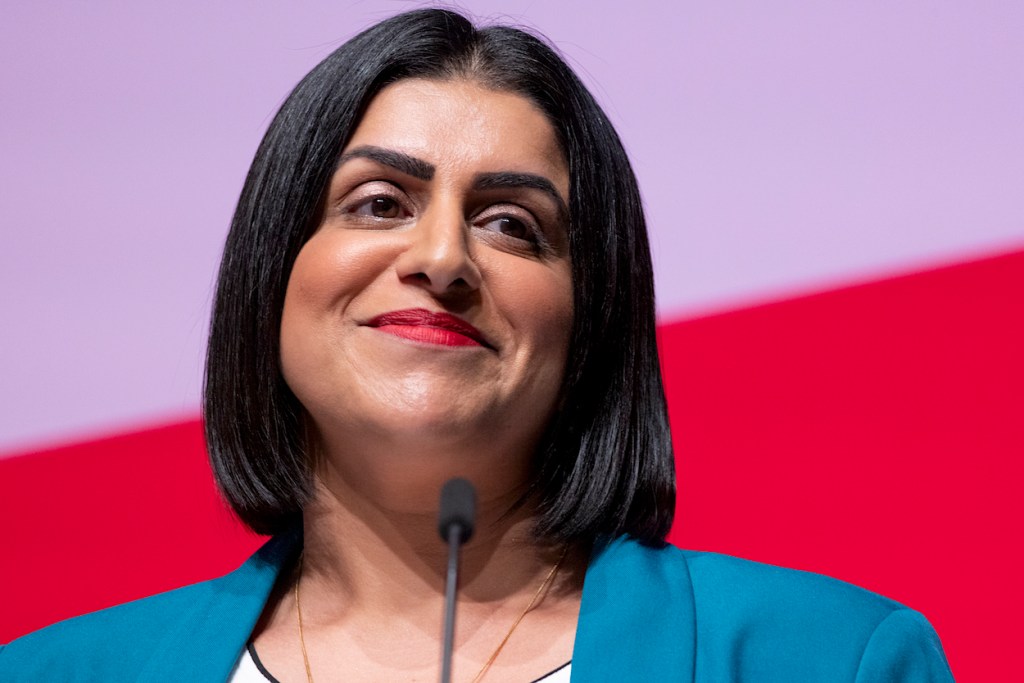Is there a problem with Islamophobia? The problem is the word ‘Islamophobia’ itself. What does it actually mean, and what does taking the word and its existence at face value entail?
Many do assume that Islamophobia is out there in Britain, and that it needs to be addressed. When it was in opposition, the Labour party adopted its definition as drawn up by the All-Party Parliamentary Group on British Muslims. It states: ‘Islamophobia is rooted in racism and is a type of racism that targets expressions of Muslimness or perceived Muslimness.’
We live in a society that holds people’s identities to be sacrosanct, and their associated feelings to be delicate and inviolable
As Steerpike reported on Friday, Labour ministers are still planning to press on with a refined definition of Islamophobia. After speaking to government ministers, a Sunday Telegraph report confirmed that ‘officials were considering whether to introduce a formal definition.’
We should be deeply apprehensive about what definition they will arrive at, because the one adopted already by the Labour party is fraught with jeopardy. It deploys that favourite trope found in anti-racist doctrine, that of ‘perceived’ discrimination. This is based on the subjective notion that prejudice need not be proved by empirical evidence, but exists because some people believe or sense it. It is an accusation that cannot be denied because it cannot be proved or disproved. Everything is dependent on the eye of the beholder.
There are further difficulties. This definition assumes that criticism itself is intrinsically problematic or unacceptable. This was a tenet we heard expressed from the Labour MP Tahrir Ali in November, when he stood up in parliament demanding the introduction of Islamic blasphemy laws, asking Keir Starmer to ‘commit to introducing measures to prohibit the desecration of all religious texts and the prophets of the Abrahamic religions.’ We all understand and appreciate immediately the problems presented here: the consequences for free speech and open rational enquiry, for those who want to question and even mock this and any religion.
But Islamophobia as embodied by its current definition presents us with a second and more insidious quandary. The word ‘Islamophobia’ is mobilised by those who want to censor the opinions of others for being offensive, and they want to expand it into the realm of racially-motivated prejudice. ‘Islamophobia’ is now employed to conflate criticism of Islam with attacks on Muslims. Though they do undoubtedly overlap at times, these are, properly speaking, two different things. Yet the creed of ‘Islamophobia’ now propagates the idea that one religion and one race are implied in one another and are inextricably linked, an idea encapsulated by that neologism ‘Muslimness’.
It’s unsurprising that the advocates of ‘Islamophobia’ are eager to pursue such a strategy, because they understand that the best way to deflect, stifle or stop criticism is to invoke the spectre of race and racism. Racism is by far the biggest taboo today, and fear of being accused or regarded as a racist terrifies many white people, who not only fear the social opprobrium such a charge might bring about, but the grievous consequences for their careers and livelihoods.
This entrenched fear among councils and police forces of being tarnished a racist was decisive in allowing the grooming scandals to go unchecked and unpunished. It’s the same concern for self-preservation that led many to respond to the Oldham revelations with equivocation, and – ironically and appropriately – accusing those of making a fuss of being racially-motivated themselves.
Those who seek to fuse irreverence for one religion with racial hatred know full-well what kind of paranoid society we live in. But the champions of Islamophobia are themselves also symptoms of a deeper-seated malaise. We live in a society that holds people’s identities to be sacrosanct, and their associated feelings to be delicate and inviolable. Being offensive to someone, especially when it comes to their identity, is also a serious transgression today. This is what permitted the radical trans ideology to flourish unchallenged for so long: people feared being slandered or even ruined for being ‘transphobic’ if they dared speak out against the ideology (a fear, as the comedy writer Graham Linehan found out, that was entirely justified). The same ennoblement of identity and feelings has resulted in the proliferation of non-crime hate incidents, measures which have been used to menace individuals judged to have been offensive and said nasty things.
Yet living among others in a free society entails being occasionally rude and often offensive. The reverse, consensus, would result in enforced conformity. The weasel word ‘Islamophobia’ as its stands should not be accepted as a means to scare us into silence.
Watch more on SpectatorTV:







Comments